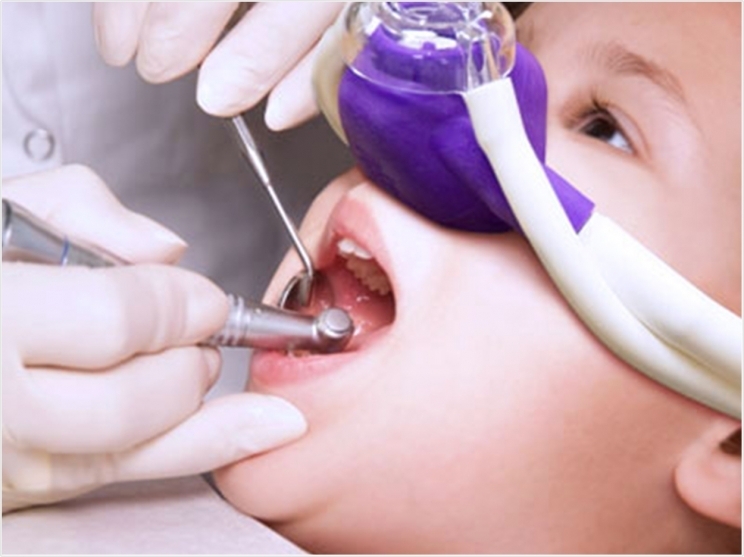
In December 2016, the Food and Drug Administration (FDA) issued a warning regarding general anesthesia or sedation for children under the age of 3, noting that exposure may affect brain development, especially for prolonged periods of time of more than 3 hours.
Considering the warning’s impact on pediatric dentistry, as many young children require oral sedation for minor dental work or general anesthesia for major procedures, researchers recently examined 351 of 3,661 cases where dental procedures were performed under general anesthesia at a private practice with support from dentist anesthesiologists in Virginia in 2016.
The children were grouped according to age, with 46 under the age of 3 years, 216 between 3 and 6 years, and 89 from 6 to 13 years. Data pertaining to physical characteristics including height, weight, sex, and body mass were considered as well.
The average anesthesia time was 1.77 hours and the average number of teeth worked on was nine in each of the three age groups. The recovery time ranged from 25 to more than 65 minutes, and age was not a factor.
The overall complications rate was 4 in 351 or 1.1%, and all complications were easily treatable and not severe. There were two cases of mild post-operative breathing problems, treated immediately and successfully.
There also was one case of intraoperative mild asthma treated with a nebulizer and an incident of lowered heart rate in a 12-year-old child with Down syndrome, which normalized quickly and was not unexpected due to the underlying condition. There was no instance of prolonged oxygen desaturation of more than 30 seconds or less than 92%.
The researchers found that 13.1% of the patients fell within the FDA warning criteria of being under the age of 3 during general anesthesia. None of these children experienced prolonged sedation times of more than 3 hours, and no severe complications were reported.
All cases in all age groups were treated successfully in one visit, and no additional anesthesia was needed to be administered for a return visit. Several other studies are evaluating the specifics of the FDA warning, but the researchers concluded that anesthesia during pediatric dental procedures does not appear to fall into the high-risk category for concern.
The study, “Pediatric Dental Surgery Under General Anesthesia: Uncooperative Children,” was published by Anesthesia Progress.
Related Articles
Single Anesthesia Does Poses No Cognitive Danger to Children
Dentist Anesthesiologists Benefit Pediatric Practices
Alliance Calls for More Awareness of Anesthesia’s Risks in Pediatrics











